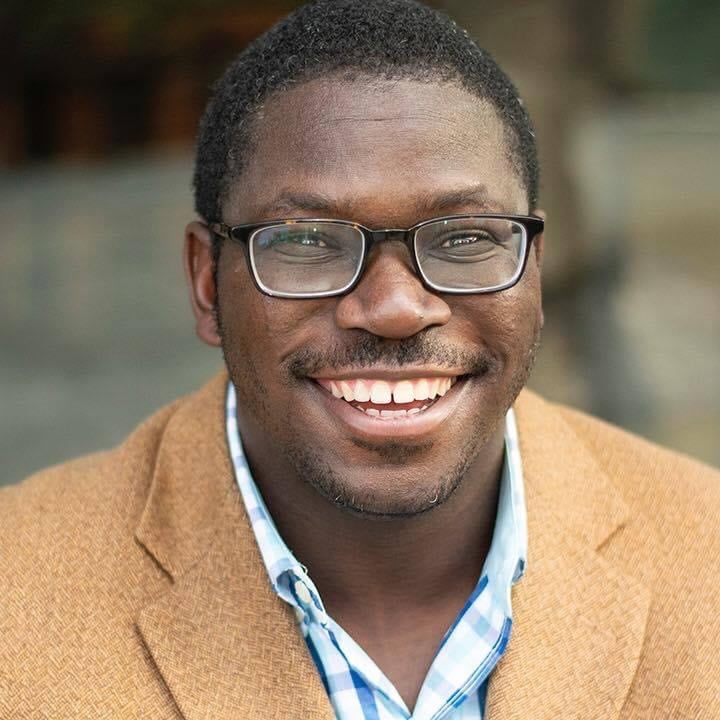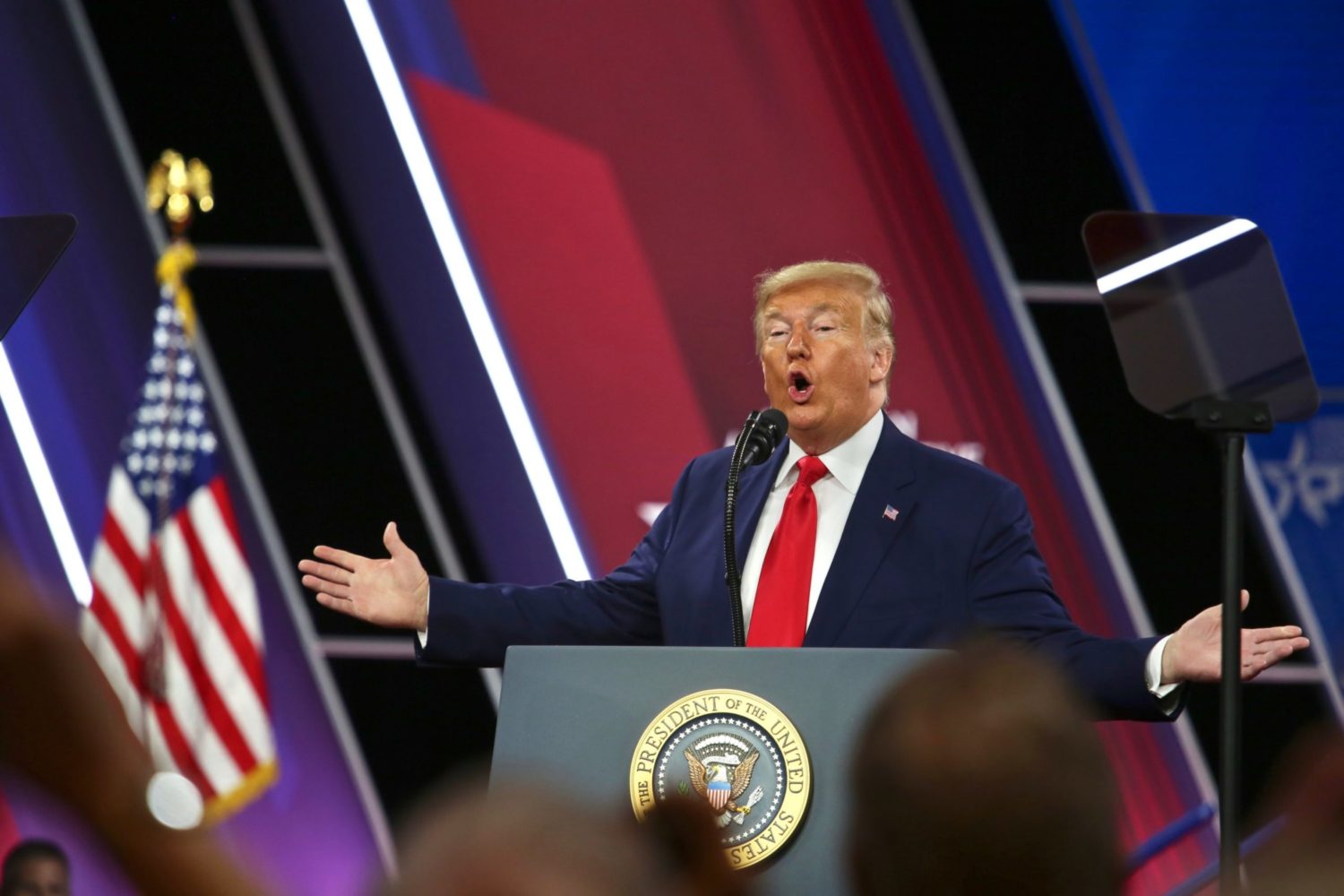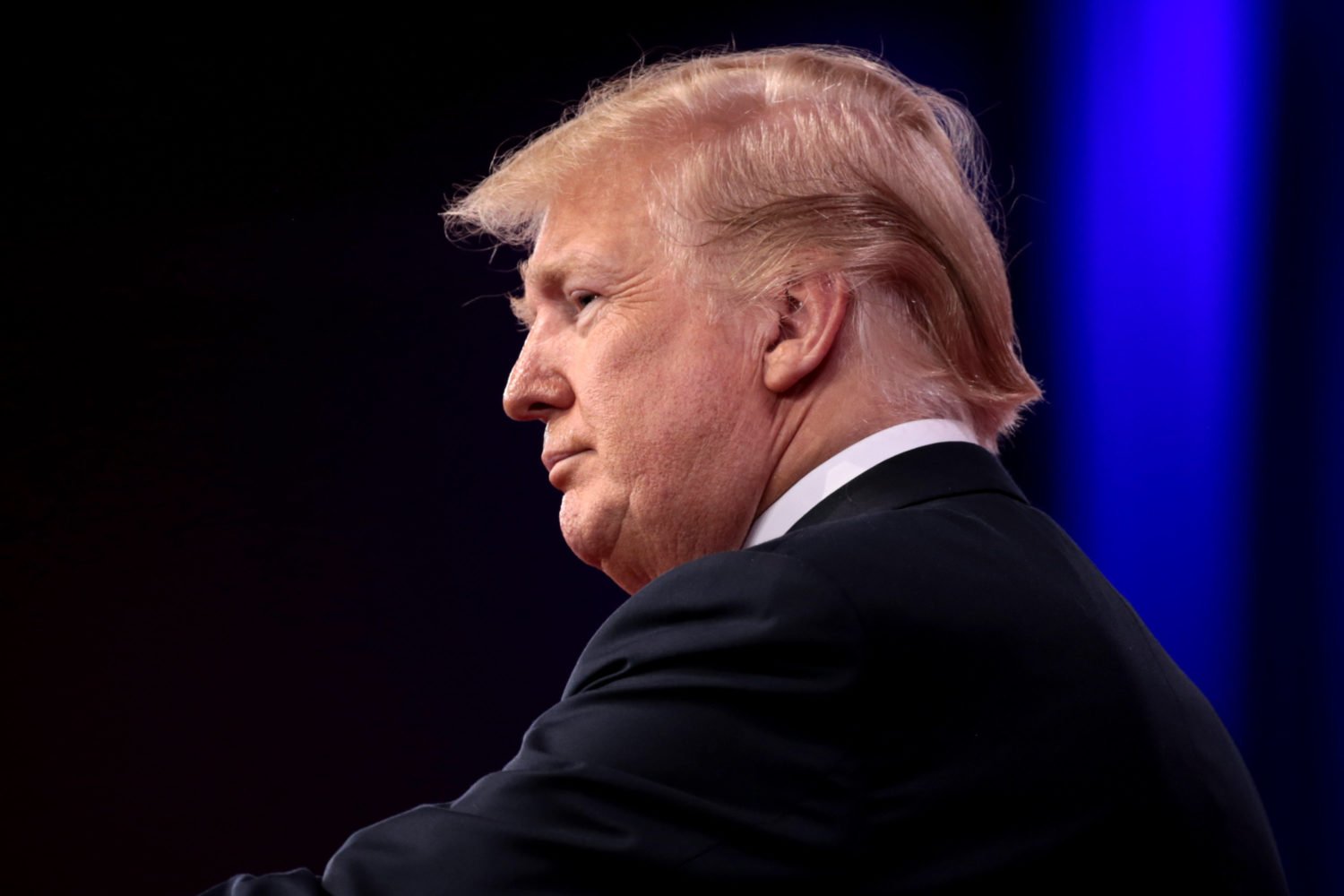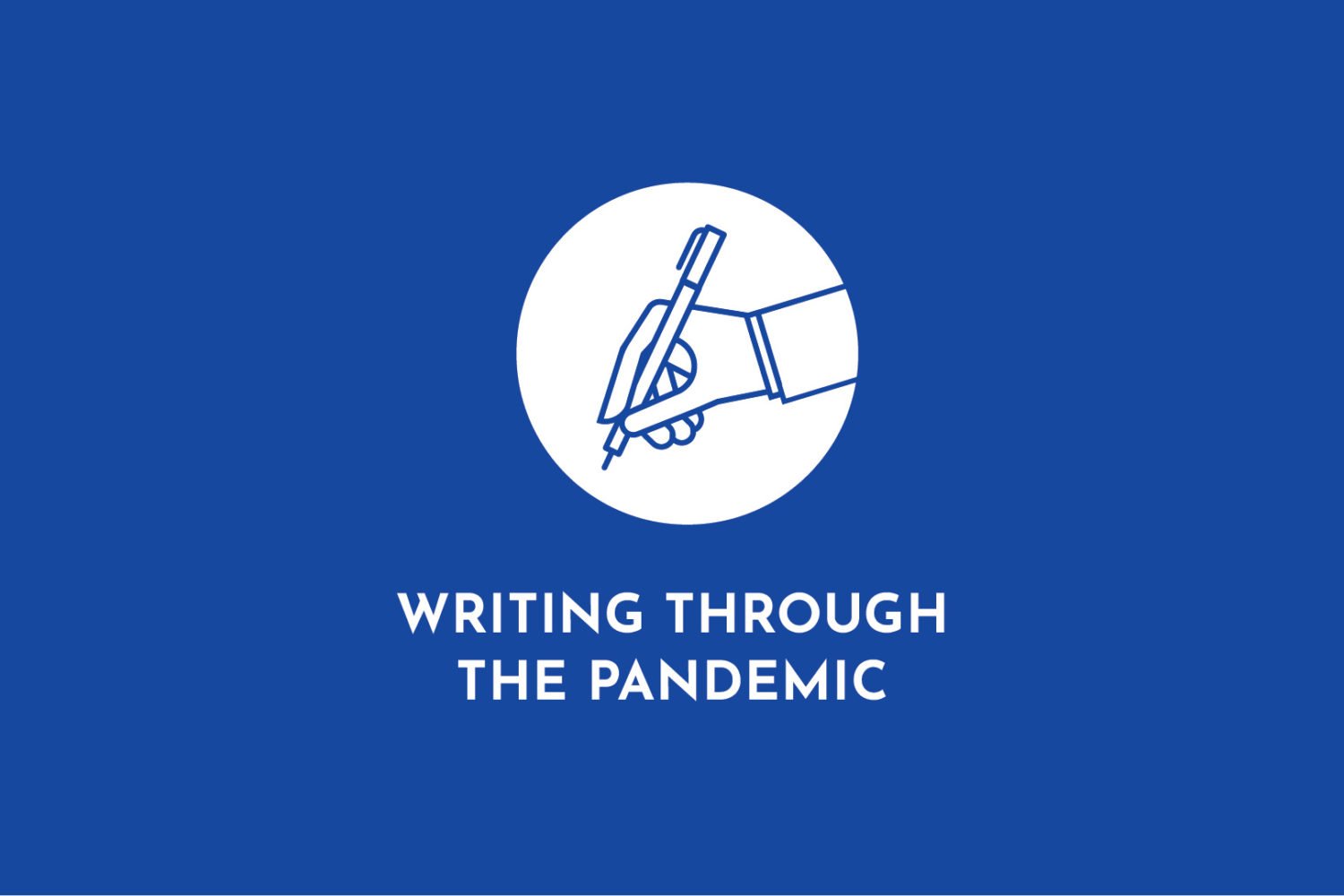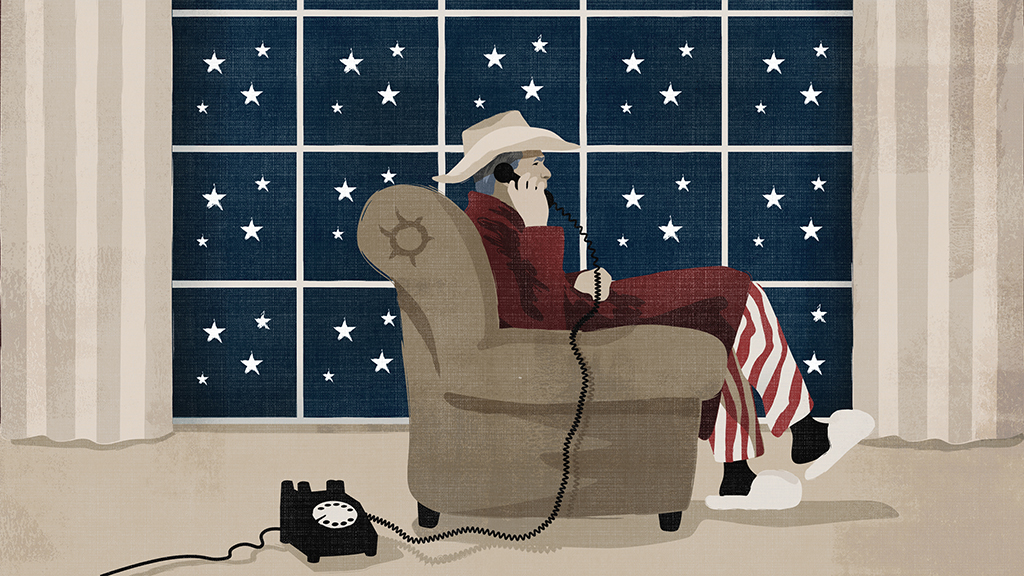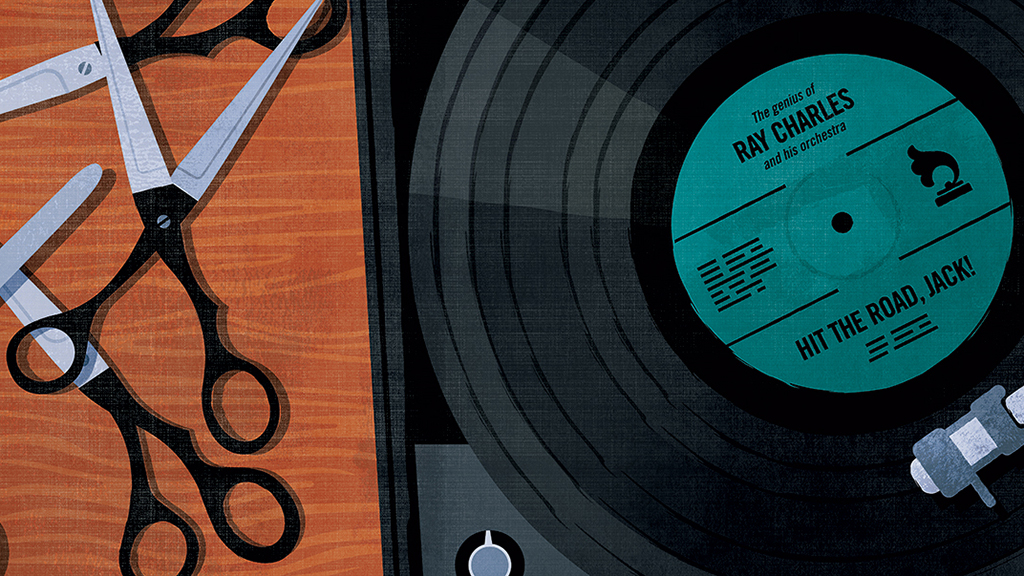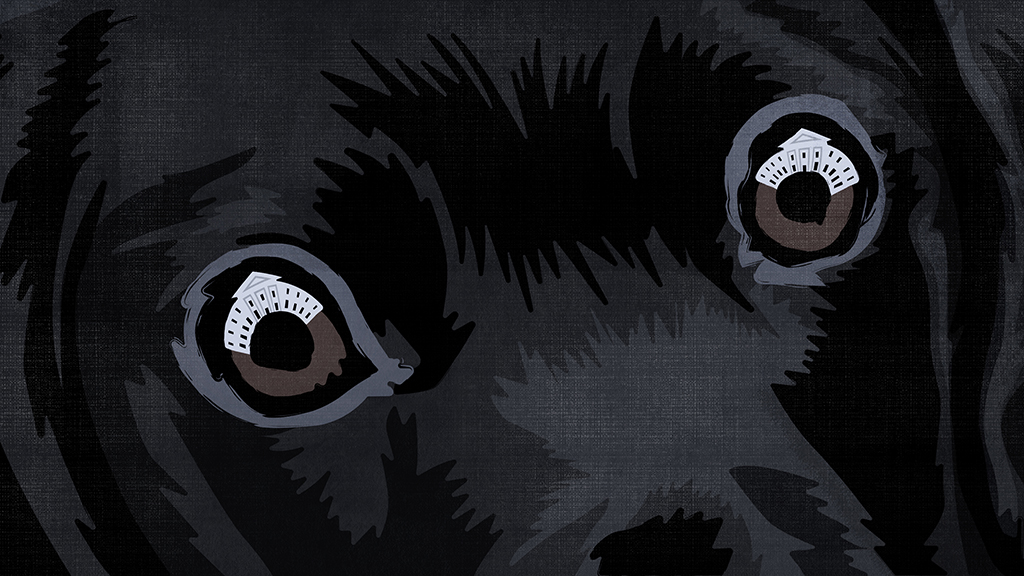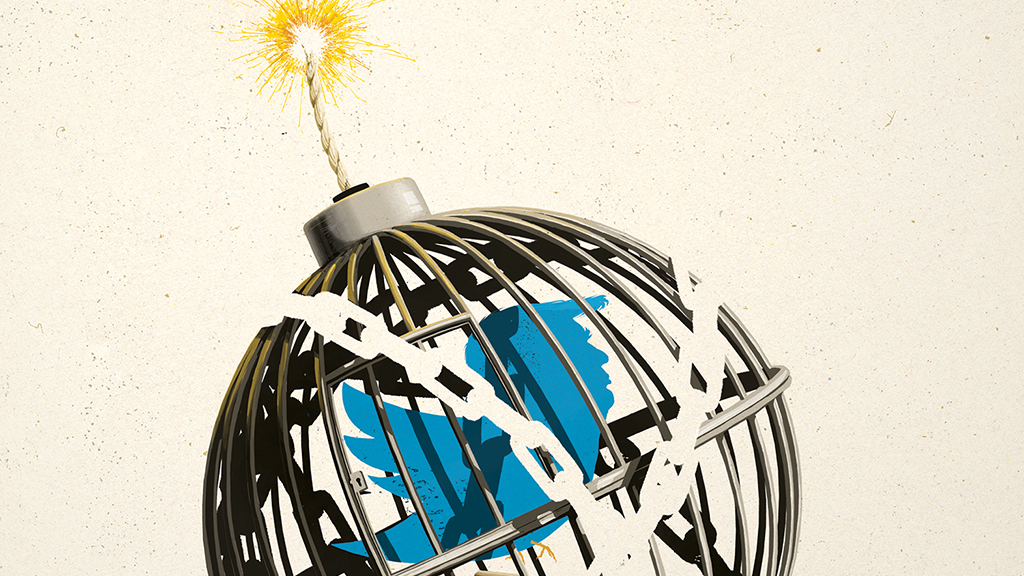This piece is part of the Trump Fiction Project from our December 2017 issue. To explore more of “Our Year of Trump,” a look at how our city has dealt with 12 exhausting months, click here.
The day I decided to give up writing was the day I got a call from the White House.
Before that, I’d spent years slicing myself open and plucking out bits of viscera to pin to the page. This is called writing fiction, and I was good at it. My work was searing and honest and revelatory. It was also never enough.
Have you heard the phrase “midlist author”? It’s an insult, perhaps the worst thing to call a writer. It might be hate speech, I’m not sure. But that doesn’t stop critics and publishers from using it without even a note of irony, and it’s where I found myself repeatedly. According to one review, my writing was “unobjectionably fluid,” but “the zeitgeist continued to elude” me.
In my defense, I was at a low point, but who wasn’t? We were living in the end times. The President had tweeted as much. The world had become ugly and lawless. Being a liar wasn’t considered bad; neither was being a sociopath. Morality wasn’t a “thing.” Democracy was a fuzzy concept. The President had offended just about everybody. There were Buddhists plotting this guy’s death. The First Lady was a hologram. Natural disasters—hurricanes, wildfires, mass shootings—were wreaking havoc.
So my career was in freefall, and the world was going to end any day. That’s when the President called.
If this were a comedy film, there’d be a needle scratch and the picture would freeze on a split screen of me and the White House. If this were a romance novel, the President would be a handsome widower. If this were an MFA workshop, someone would say, “This is kind of a lot for the first page.”
And okay, it wasn’t the President who called—it was one of his aides. (Like you’ve done better.)
I was deeply committed to my hatred of this man. But could I take a meeting with him? It turned out my schedule was wide open.
The President did not pretend he’d read my books. He told me he’d asked his staff to find a writer “with a very specific level of success.” (The phrase “a very specific level of success” made me feel flattered and then, almost immediately, not.)
It was weird sitting in front of him. I still, for example, wanted to be polite. Did I find him sympathetic? No, but I wondered whether there was anything deeper than what we see. According to articles, he wasn’t happy here. His only friends were ones he’d brought with him. The First Lady didn’t seem to be in town often. Last I’d heard, she was on loan to a museum.
“Here’s what I want,” he said. “I want you to write a book tearing me apart. Can you be mean? You look like you could be mean.”
In addition to my personal challenges, some thorny issues had arisen in recent months. When truth is no longer agreed upon to be true, what does it mean for fiction? Who was it who said art is a lie that tells the truth? (Asking that is in itself a lie, because obviously I know the answer. You can Google it in two seconds.)
Writers had become a lot less godlike than many of us felt they should be. Books were quaint and took too long to read. Authors were a dime a dozen, which was why our books could be purchased for a penny on Amazon.
“It should be something that the people who hate me will love and the people who love me will hate. It should be . . . what’s the word?”
“Polarizing?”
“Polarizing.” He pointed a finger. “Polarizing, I would say, in the extreme.”
All around me, writer friends were struggling to find alternate methods of content dispersal. One had published four books, all of them debut novels. Another had given up poetry to write a popular blog called What’s Delicious on the Sidewalk?, about the things her dogs ate on their walks. A third was still nominally a novelist, but her real money came from writing direct-to-Kindle fetish porn. She’d found an underserved niche—horse-lactation erotica—and published two or three “books” a month with titles like Get the Milk for Free and Fifty Shades of Hay.
When the world changes around you, the best you can do is spin along with it.
“You’d be paying me?” I asked.
“No. I don’t provide the money—I provide the publicity. But!” He held up a finger. “That’s not nothing.”
“Well, no . . . .”
“Let me ask you,” he said. “You’ve written a number of books, and they’re good, right? My people tell me they’re very good. But you maybe haven’t had quite the level of success you’d like?”
“I don’t write to make money,” I began. Then I stopped. The Oval Office was silent. “But no,” I said, “my books have not always found the audience I’d hoped they would.”
“And why do you think that is? They’re good books—I just said so myself.”
I sat up straighter and summoned vast reserves of dignity. “The zeitgeist has eluded me,” I said.
He waved a hand. “I create the zeitgeist. The zeitgeist struggles to keep up with me. Believe me, you get me talking about a book you wrote, the whole country will be buying it, even the ones who just want to burn it.”
I mean, I wanted book sales. And I wanted to insult the guy. Was it resistance if I was doing what the President wanted me to do? Honestly, I don’t know. But I can tell you this: It was Picasso—that’s the guy with the truth-that-tells-a-lie thing. And I’m no Picasso.
“Yeah,” I told him. “I can be mean.”
“Good,” he said. “You’ll do a fabulous job.” The President of the United States, the leader of the free world, said those words to me. And I’m sorry to say that in spite of everything, I felt a burst of pride.
This article appears in the December 2017 issue of Washingtonian.




